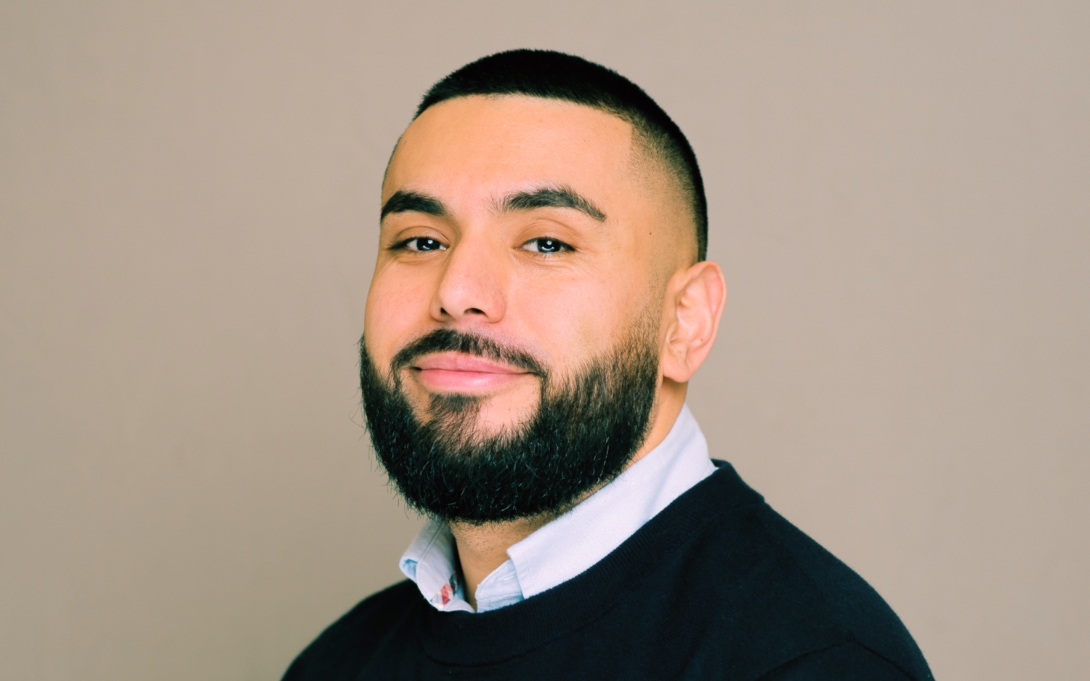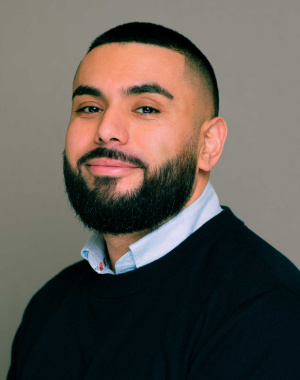
Mo Torres returns to the Ford School (he graduated with his MPP in 2015) as one of six University of Michigan Society of Fellows for a three-year appointment. He will work closely with the Center for Racial Justice. Torres is a historical sociologist who researches urban political economy and race-class inequality. His current work includes research on urban fiscal crisis, state-local politics, and the sociology of race and racism.
Question: Please tell us about your new book project. What drew you to this research and what do you hope to convey?
My current book project looks at the politics of urban austerity in Michigan cities experiencing fiscal crisis. As a political project, austerity tends to be extremely unpopular everywhere that it’s implemented. I want to understand how policymakers have been able to implement drastic cuts in cities across the state, and why austerity was their goal in the first place.
I lived in Detroit and taught in the Detroit Public Schools district during the peak of Michigan’s experimentation with municipal receivership, when governors appointed emergency managers to implement austerity across the state. As an MPP student at the Ford School, I wondered if I could use the tools I was gaining in policy analysis to evaluate whether these budget cuts were working. While working on my PhD at Harvard, I realized that it wasn’t enough to just evaluate the effectiveness of policy. Researchers also need a historical approach to understand why certain policies are passed in the first place (and at the expense of what alternatives).
That’s my goal with this book: to explain how Michigan chose to become the great austerity state—and, with that history, to highlight what alternatives might still be possible.
Question: Please tell us about your upcoming winter 2024 course on race and urban policy.
My winter course will explore themes of race, place, and inequality. I want students to understand how racial inequality is embedded in place. How does inequality differ from place to place, across states and municipalities (including cities, suburbs, and rural areas)? What policies contribute to racial inequality? And for students interested in alleviating inequality, what arenas might be most effective? Should we focus our attention on municipal policy, or state, regional, or federal policy? What role do non-profits and the private sector play? Since Michigan is a case of extreme place-based racial inequality (it ranks high on all sorts of segregation and inequality indicators), we will spend part of the class studying local examples, including Flint's water crisis and Detroit’s bankruptcy.
Question: What are you most looking forward to as a returning member of the Ford School community?
The Ford School is where I fell in love with policy research. As an MPP student, I was surrounded by students, staff, and faculty committed to making a tangible difference in the world. I am very excited to be back in Weill Hall, especially as a fellow at the Center for Racial Justice. From the racial justice protests of 2020 to the ongoing pandemic–not to mention the climate disaster that will define the rest of our lives–the urgency of transformational politics increases every day. I’m excited to learn from students working across all sorts of policy domains to think through our role in leaving the world better off than it is today.
Question: What are you reading or watching right now?
I just started the new Ahsoka (Star Wars) series. I’m halfway through Octavia Butler’s four-book Patternist series, and very slowly making my way through the latest Zelda game, Tears of the Kingdom.
